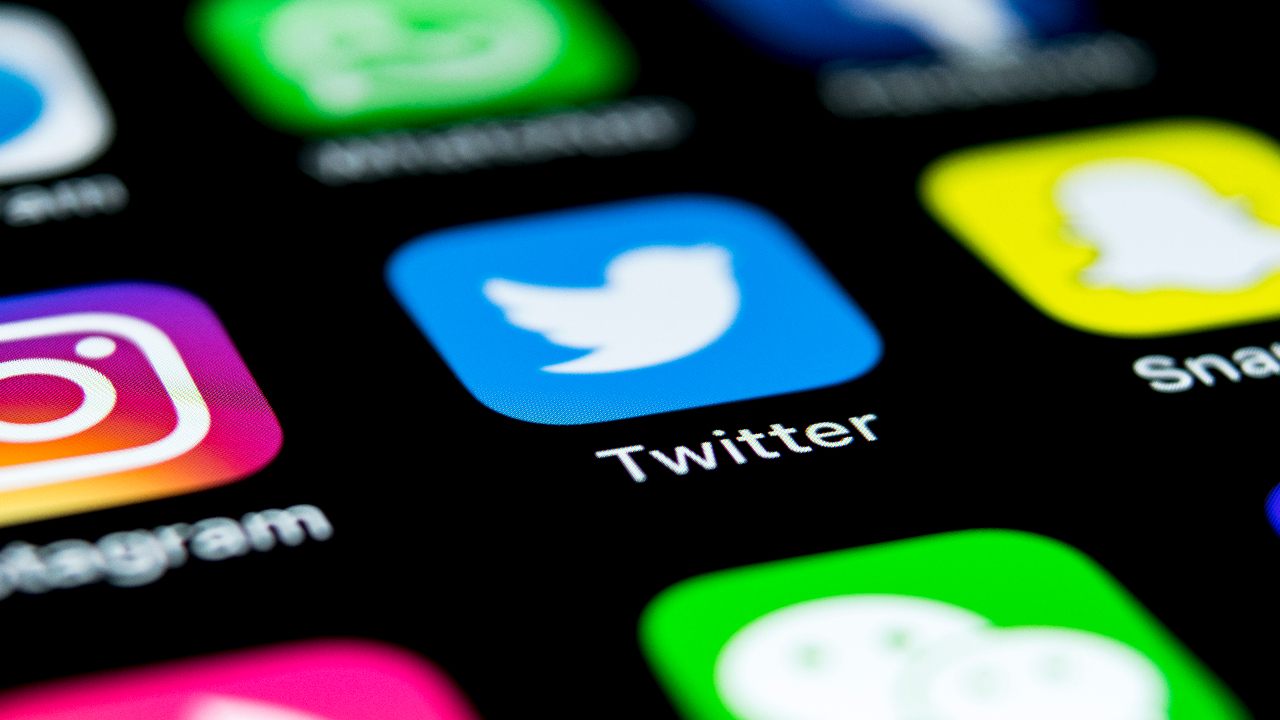Twitter just made big changes to its privacy policy — what it means for you
It's now easier to have photos or videos removed — but not always

Former Twitter CEO Jack Dorsey stepped down Monday, and no sooner was he out the door than Twitter announced an update to its privacy policy yesterday (Nov. 30) making it easier for private citizens to have personal images or video clips posted without their consent taken down.
"Publishing other people's private information, such as phone numbers, addresses, and IDs, is already not allowed on Twitter," the company said in a blog post. "This update will allow us to take action on media that is shared without any explicit abusive content, provided it's posted without the consent of the person depicted."
"Media" includes photos, video and possibly audio of private individuals posted without their consent. Before this policy change, Twitter didn't really have grounds to remove, say, video posted by your neighbor of you dancing in your bedroom window. Now it does, as long as you formally complain to Twitter.
"This policy update will help curb the misuse of media to harass, intimidate, and reveal the identities of private individuals, which disproportionately impacts women, activists, dissidents, and members of minority communities," Twitter explained in a series of tweets yesterday.
Sharing images is an important part of folks' experience on Twitter. People should have a choice in determining whether or not a photo is shared publicly. To that end we are expanding the scope of our Private Information Policy. 🧵November 30, 2021
Twitter was quick to clarify that these changes apply only to "private individuals," not to public figures such as politicians, celebrities and other prominent people. The legal definition of "public figure" varies from one jurisdiction to the next, so you can expect to see some consternation about this policy soon enough.
But generally, if you post video on Twitter of a celebrity, that will stay up. But if that person happens to be nude, then the video comes down because even public figures are protected by Twitter's non-consensual nudity policy. (Consensual nudity is still fine.) And if the video or photos of public figures is meant "to harass, intimidate, or use fear to silence them," then it can come down.
Nor does this new policy apply to posts that "are shared in the public interest or add value to public discourse." Video of a police officer acting inappropriately to a driver during a traffic stop might stay up for this reason, despite there being no public figures involved.
Sign up to get the BEST of Tom's Guide direct to your inbox.
Get instant access to breaking news, the hottest reviews, great deals and helpful tips.
No privacy in a crowd
If you happen to be in the crowd at a baseball game, rock concert or street demonstration, sorry: "Images/videos that show people participating in public events (like large scale protests, sporting events, etc.) would generally not violate this policy."
Furthermore, Twitter said it "will take into consideration whether the image is publicly available and/or is being covered by journalists — or if a particular image and the accompanying Tweet text adds value to the public discourse — is being shared in public interest or is relevant to the community."
Of course, it's up to Twitter to decide what constitutes public discourse. Twitter is deliberately leaving itself some wiggle room here, because it, as always, wants the final say about what gets taken down from its own service. (The First Amendment guaranteeing a right to free speech applies to government restrictions, but not to private companies like Twitter.)
The new policy will "create a very difficult job for human moderators to assess the context in each instance, and seems likely to lead to over-moderation or removal of legitimate content," Fight for the Future director Evan Greer told Vice Motherboard. "It just seems like this is a policy that will be abused by people with power to censor legitimate online criticism."
Along those lines, Tom's Guide has reached out to a few U.S. digital-privacy and political-activist groups for comment on Twitter's new policy, and we will update this story when we receive it.
Regardless of the content, no private images or video clips with you in them will be taken down unless you report them to Twitter. The social media company has also rolled out a new downvote button which aims to better curtail content to users.
"We need a first-person report or a report from an authorized representative in order to make the determination that the image or video has been shared without their permission," the blog post said, linking to the page where you can file a report.
Paul Wagenseil is a senior editor at Tom's Guide focused on security and privacy. He has also been a dishwasher, fry cook, long-haul driver, code monkey and video editor. He's been rooting around in the information-security space for more than 15 years at FoxNews.com, SecurityNewsDaily, TechNewsDaily and Tom's Guide, has presented talks at the ShmooCon, DerbyCon and BSides Las Vegas hacker conferences, shown up in random TV news spots and even moderated a panel discussion at the CEDIA home-technology conference. You can follow his rants on Twitter at @snd_wagenseil.

